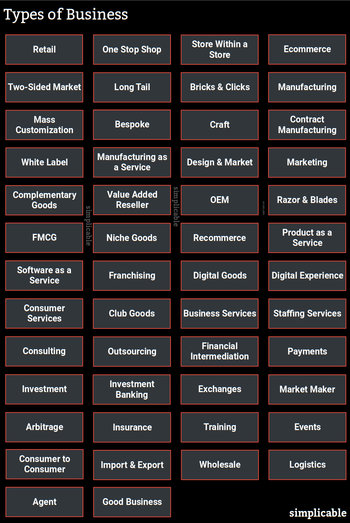
Idealism PrincipleIdeas shape reality as much as reality shapes ideas. | Fiction PrincipleFiction often becomes reality such that storytelling can create change. |
Vision PrinciplePeople move towards what they think the future will be. | Resistance PrinciplePeople value the status quo. Every big change will be resisted. |
Omelet PrincipleYou have to break a few eggs to make an omelet. Change may require breaking the status quo. | Unfreezing PrincipleChange requires unfreezing stability and results in destabilization. |
Emergent ChangePlans change with time and change is mostly emergent. | Attractiveness PrincipleThere’s no one decision, plan or design that everyone likes. You can’t please everyone. |
Transition PrincipleAchieving a vision often requires a series of transitional stages. | Constant ChangeThe world is different from moment to moment such that change is the rule and not the exception. |
There’s More Than One Way To Do ItThere are no perfect plans or designs, just many good ones. | Chaos TheorySmall and obscure parts of a system can completely change the future of that system. |
Black SwanAn unexpected and rare event can suddenly and dramatically change everything. | Change CultureThe ability to change is mostly about the culture of a society, group or organization. |
Agents of ChangeThe theory that there are certain individuals who create change while most individuals resist it. | Change From AnywhereThe principle that change can come from unexpected sources such as a startup that overturns industry giants. |
Path of Least ResistanceAny change that makes things more convenient, easy or comfortable will quickly be adopted. | Change InertiaChange can be difficult to get moving. |
Change MomentumOnce a change is moving it can be difficult to stop. | Slippery SlopeThe idea that once a change starts it may become an avalanche of change. This rarely occurs but can occur. |
Unintended ConsequencesSmall changes to a complex system can produce large unintended consequences. | Inevitability of ChangeIf you try to stay the same, eventually you will be pushed into change. |
Better Late Than NeverAs the proverb goes “The best time to plant a tree was 20 years ago. The second-best time is now.” | Mean ReversionUnusually good or bad results tend to revert closer to average with time. |
Return to EquilibriumThe tendency for a system to stabilize after change by returning to the state where forces are balanced. | False NoveltyThe principle that changes always have some historical precedent. Captured by the proverb “there is nothing new under the sun.” |
EntropyAn isolated system moves towards disorder. All things go into decline if not restored with outside help. | Worse is BetterSubtracting things can add more value than adding things. |
Less is MoreThe supposition that subtracting always adds value. | Less is a BoreThe idea that subtraction often eliminates value. |
More is DifferentAdding things always makes them different but not always more valuable. | Essential ComplexityThe principle that you add complexity up to the point that it continues to add value. |
Keep it SimpleThe principle that for equal value, simple is always better than complex. | Lindy EffectThe longer that a technology has survived, the longer it will survive. For example, the bicycle may outlive the gasoline car. |
Path DependenceEarly assumptions and decisions greatly impact the course of change. | Preserving AmbiguityThe principle that you avoid making assumptions unless absolutely necessary. |
Last Responsible MomentThe principle that you delay decisions and plans until they are required. |


















